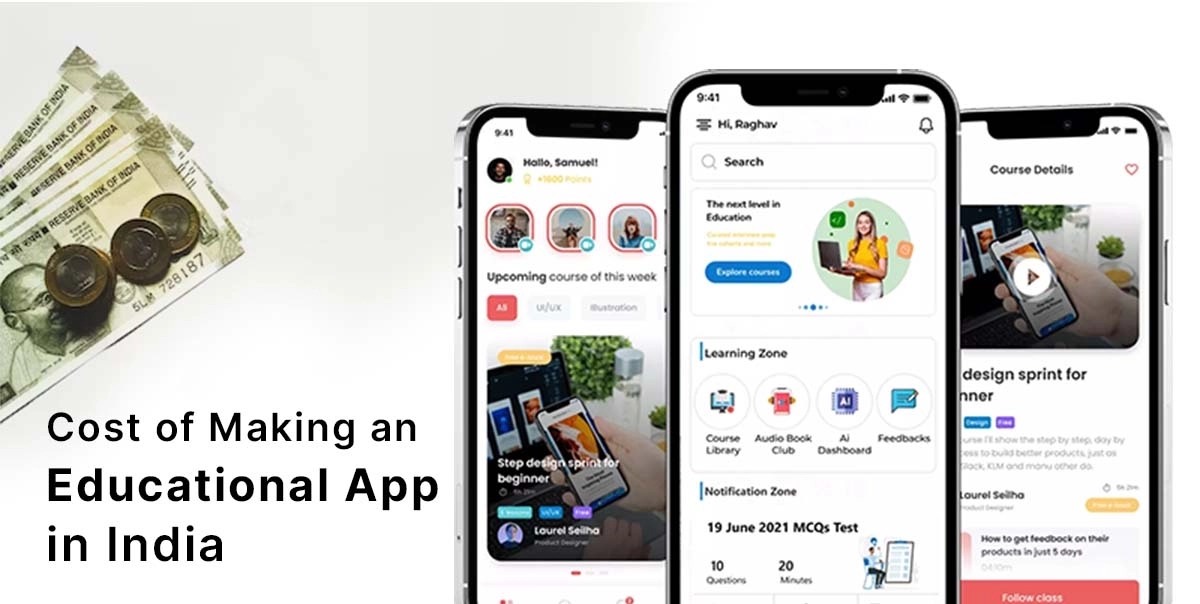Security Best Practices for Android Apps | Best practices for Android Security

Posted By : Deepank Joshi, Posted Date : Aug 03, 2024
Security Best practices for Android Apps
Security is an integral part of developing Android applications. It's much like building a strong house for your possessions. On every side, Duplex Technologies knows how to protect your app so that user information is preserved intact.
Very frequently, when using an app, you share your personal stuff: name, email, and even bank details. The good app shall protect this information from bad guys who intend to steal it. That is why special tricks and tools are used to make your app like a fortress for user data.
In this article, we will go through the best practices to follow while writing a safe Android application. We will learn how to lock up your data appropriately, ensuring that only the right people can utilize certain parts of the app, and how to keep the app safe when it's talking to other computers on the internet. Following these tips, you should be able to make an app that users can trust and feel good about using.
Table of Contents
- What is Security Best practices for Android Apps?
- Why should we follow Security best practices for Android Apps?
- How do following Security best practices for Android Apps affect them?
- Benefits of using Security best practices for Android Apps
- Why consult Duplex Technologies for Security best practices for Android Apps?
What is Security Best practices for Android Apps?
These are practices and guidelines that help Android application developers make their applications safe and secure. They protect the data of the user, block unauthorized access, and ensure that the application works as intended, not having any probability of being compromised by malicious actors. Simply put:
Best practices in security for Android applications are the box of safety tools. These are among others, making sure that sensitive data is encrypted and cannot be read easily in case it gets stolen, carefully checking the identity of the user before enabling access to critical features of an app, and making sure that private information isn't inadvertently leaked from the app. It also entails keeping the app updated to fix any newly discovered security holes, being careful about how the app connects to the internet, and making sure outside code or libraries used in the app are secure.
These best practices range from designing to developing an app, handling data, and communication with servers, and even how it's distributed on the Play Store. These best practices allow developers to build apps that are safe to personal information and user-friendly. It is a process—subject to constant updating on the latest security threats, and constantly improving the defenses of an app.
Why should we follow Security best practices for Android Apps?
Best security practices for Android applications are very important in an electronic world because mobile devices have become an important element in our personal and professional life. The more sensitive data the users start keeping and processing on their smartphones, the higher the potential consequences of a security breach. Strong security implementations keep the user data from unauthorized access, theft, or manipulation. This protects the privacy and financial information security of users and further promotes the reputation and trust of the app and its developers.
Moreover, adherence to best practice in security helps organizations keep in line with a host of other data protection regulations and industry standards. Laws like the General Data Protection Regulation have very onerous norms on how user data is supposed to be handled and protected. Failure to do so could result in severe legal implications, including financial penalties. In doing so, developers should ensure their apps adhere to these regulatory requirements, hence assuring that they do not fall into a legal problem and further showing care to user privacy and data protection. Best security practices by developers, from the beginning of the project, would help.
How do following Security best practices for Android Apps affect them?
Attention to the best security practices in Android applications is likely to exert a strong influence on their overall quality, reliability, and user experience. Not least of all, it improves an app's resiliency in a very large measure against various existing and future security threats. Incorporating practices such as proper data encryption, secure network communications, and robust authentication mechanisms makes an application much less prone to attacks such as data breaches, man-in-the-middle, and unauthorized access. This directly translates to an advanced level of protection for user data, which is very critical in building trust and confidence. Besides, secure apps are less vulnerable to performance problems or crashes from malignant activities, hence offering a more stable and reliable user experience.
Second, the best practice for security may have a positive effect on market performance and longevity for an app. Safe apps are more likely to pass the more stringent store review processes and hence may have the advantage of faster approvals of an app and its updates. They are also less likely to be removed by app stores due to having security vulnerabilities and hence remain available all the time for users. Clearly, such secure apps have a higher likelihood of attracting and retaining security-sensitive users, like enterprise customers who commonly have very stringent requirements for security. This can be translated into adoptions at an increased level, better user retention rate, and increased potential revenue for owners. Root-level security-oriented apps are, in the long run, easier to maintain and less expensive. This is so because they require fewer emergency patches and updates, which help in resolving security issues that could have been easily bypassed.
Benefits of using Security best practices for Android Apps
Improved confidence and trust of users in robust security measures to ensure that their data is safe; this encourages them to use the application to the fullest, sharing real information and buying premiums.
Higher Compliance with Regulations: Following the best security practices makes sure that you move in the right direction for compliance with different regulations about data protection, including, but not limited to, the GDPR, CCPA, and industry-specific regulations such as HIPAA for healthcare applications.
Lower Chances of Financial Losses: Security breaches could lead to severe financial losses via many channels. These could include legal fees, compensation to users if their data has been compromised, fines from regulatory bodies, and the implementation of emergency security measures.
Higher performance and stability of Apps: Most of the best practices in security adhere to input validation, proper memory management, and secure coding, all of which go a long way in ensuring the overall stability and performance of apps. Those apps that are secure do not crash easily due to malicious inputs or activities.
Competitive Advantage on the Market: Considering that the world has become security-conscious by the day, an app that strongly puts user data protection at the top of its priority list can easily command a huge advantage over competitors. This can be in the form of higher rates of acquisition of users, increased retention, higher rankings in app stores, as stores mostly promote secure apps, and much-improved possibilities of being featured or recommended.
It's easier for long-term maintenance and updating: Applications developed from scratch with security best practices are usually much easier to be maintained and updated through time. This is because they are founded on a solid base that resists most of the common vulnerabilities. In case new security threats arise, apps with best practices would require a small update, not another overhaul.
Why consult Duplex Technologies for Security best practices for Android Apps?
The key benefits for consulting in Android app development regarding this security best practice include the following: Being a company focused on the mobile app development business domain, Duplex Technologies has vast experience and expertise in developing secure and robust Android applications across various industries. The skilled developers and security experts update their knowledge on the latest security threats, vulnerabilities, and mitigation strategies concerning the Android platform in particular. This living, breathing knowledge enables them to provide you with tailored security solutions that go beyond those one-size-fits-all guidelines for any special security problems your app may present, given its nature and the target audience.
For Security best practices for Android Apps, contact Duplex Technologies at +91-9452000089
Now get fully developed, robust, and advanced Android apps by Duplex Technologies with the best security standards in place. Their developers and security makers carefully built an Android application for your needs. Be it a new app you are launching or the aim to make your existing app more secure, Duplex Technologies will provide you full-spectrum guidance through all the development lifecycle phases. Get in touch with Duplex Technologies at +91-9452000089 today; its professionals are all ready to assist you in building an Android app safer and more secure than ever, standing out in today's competitive marketplace.















